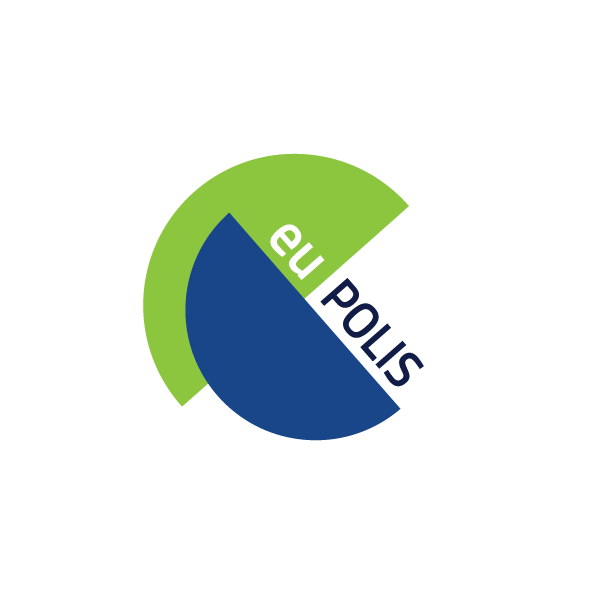euPOLIS BRINGS NATURE BACK TO CITIES (Press Release)
Innovative euPOLIS urban planning methodology integrates nature-based solutions to enhance the health and wellbeing of citizens in 4 European cities! We are proud to announce that the international euPOLIS project, funded by the European Union’s Horizon 2020 program, just kicked off, coordinated by the National Technical University of Athens NTUA, interconnecting the knowledge and experience of 28 partnering entities from all around the globe, including four European case cities: Piraeus, Belgrade, Lodz, and Gladsaxe. These cities will pilot the citizen-wise and nature-based solutions of the euPOLIS innovative urban planning methodology, while Bogota, Palermo, Limassol and Trebinje will follow, replicate and demonstrate the advantages of our innovations via mentoring and coaching.
The world is changing dramatically and European cities face major social, geopolitical, economic and climate challenges that affect the quality of our lives. It became evident that we can no longer base our urban planning solely on profit-based criteria. The conventional approach oversees the
social aspect and concepts, the needs of the local communities are merely neglected, which is why the costly investments are not embraced, lack sustainability and create a gap of distrust among citizens and city authorities. These imbalanced relations accumulate all kinds of social distortion which trigger stress, dissatisfaction and lower the quality of life.
To address these challenges, euPOLIS NBS-based Urban Planning methodology offers the synergy of people-centered approach with significant environmental and economic benefits of Blue Green
Solutions.
euPOLIS aims to replace the traditional costly engineering systems built to protect the environment with natural systems to create resilient urban ecosystems at lower Life-Cycle Costs and enhance public health and wellbeing simultaneously. It proposes a structured approach to activate the
hidden possibilities and services of existing Natural and Engineered urban systems, regenerates and rehabilitates urban ecosystems, and addresses critical challenges such as low environmental quality, fragmentation and low biodiversity in public spaces, water-stressed resources. euPOLIS’
goal is to improve urban resilience through interventions of proper urban planning matrices and co-create livable, inclusive urban spaces by systematically implementing innovative participatory tools, with particular attention to gender, age and disability perspectives within the process. The experts of the euPOLIS team will map the critical challenges that the mentioned cities encounter, provide holistic solutions and measure their impact on the quality of the lives of the citizens: their overall wellbeing, physical, mental, and emotional.
Coordinated by the NTUA, the euPOLIS consortium includes the University of Warsaw – Institute for Social Studies (Poland), University of Belgrade – Faculty of Civil Engineering (Serbia), Amphi International ApS (Denmark), European Regional Centre for Ecohydrology of the Polish Academy of Science, Vertical Farming Institute (Austria), Geosystems Hellas S.A. (Greece), Imperial College of Science Technology and Medicine (United Kingdom), Biopolus (Hungary), RISA Sicherheitsanalysen (Germany), Resilience Guard (Switzerland), CDP Worldwide Gmbh (Germany), EnPlus (Serbia), BioAssist (Greece), Sentio Labs Monoprosopi (Greece), Byspecter (Denmark), Mikser Association (Serbia), Plegma Labs (Greece), Civil and Environmental Engineering Department at Universidad de los Andes (Colombia), City of Belgrade (Serbia), City of Lodz (Poland), City of Piraeus (Greece), Gladsaxe Municipality (Denmark), City of Palermo (Italy), City of Limassol (Cypress), City of Trebinje (Republika Srpska), City of Bogota (Colombia), Fengxi New City (China).


